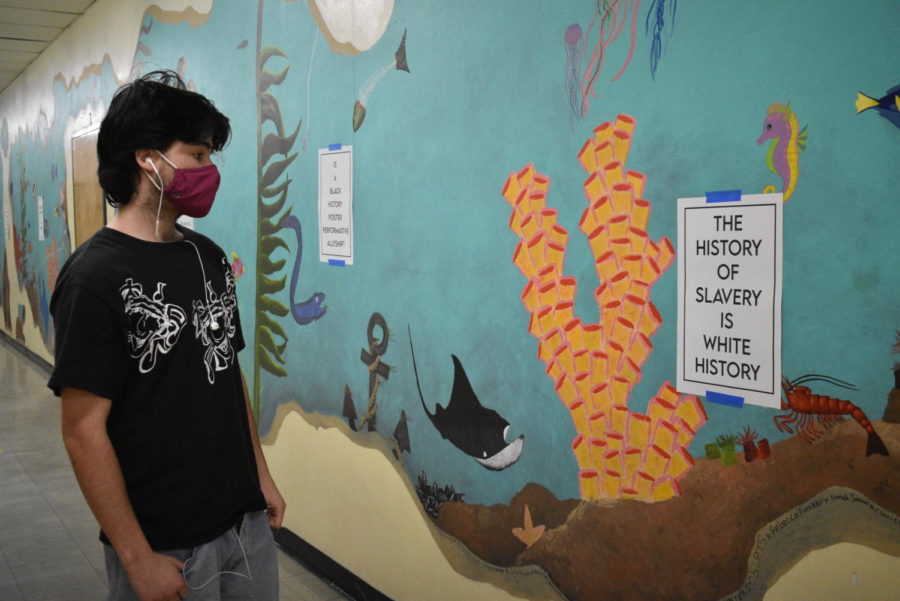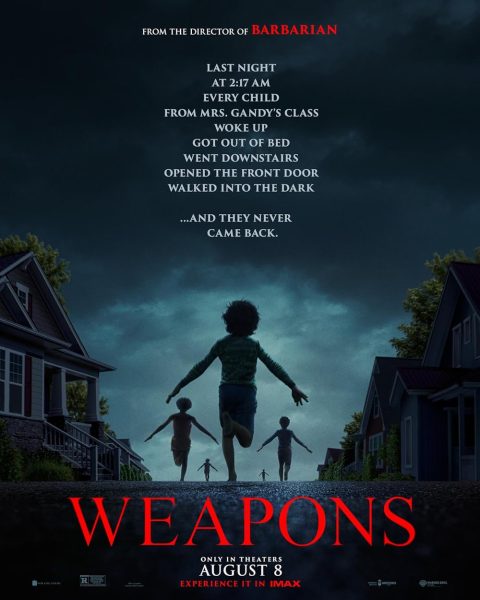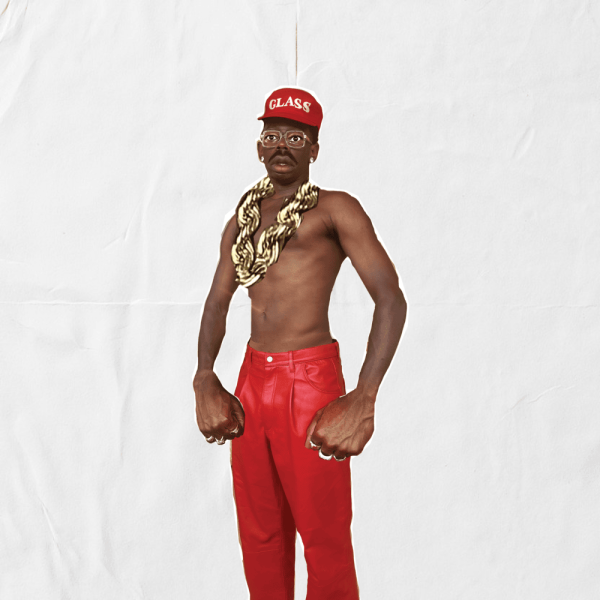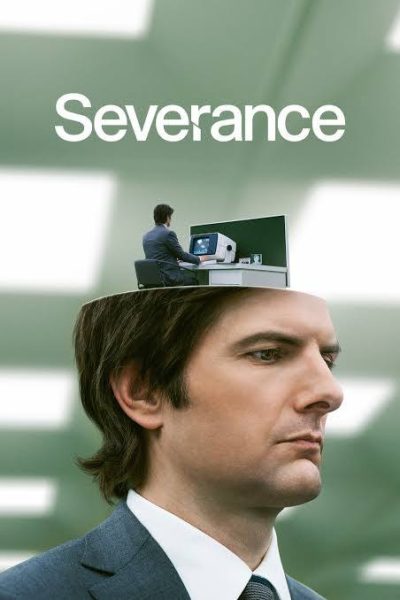Tough Questions, Harder Answers
CARE Leadership prompts discussion about Black History Month with provocative poster project
Clarion photo Anna Suydam
Cleveland senior Declan Zupo contemplates one of the posters taped in the east wing by CARE on Monday, Feb. 7. The Cleveland Alliance for Racial Equity put up the posters as a project during Black History month to spark discussion.
“WE HEAR YOU, WE SEE YOU, WE’RE WITH YOU (This month)”
“HOW’S YOUR BLACK ‘FRIEND’ DOING THIS MONTH?”
“THE HISTORY OF SLAVERY IS WHITE HISTORY”
“WHO PUTS IN WORK FOR BLACK HISTORY MONTH?”
When students came to school the morning of Monday, Feb. 7, these were just some of the provocative messages on posters Cleveland Alliance for Racial Equity (CARE) leadership students put up on the walls of Cleveland High School.
After the first week of February went by with a lack of acknowledgement for Black History Month at Cleveland, the CARE leadership students came up with 10 different poster messages to get people talking about Black History Month.
The class’s intent to put up the posters unannounced was to create conversations, and for people to reflect on their own opinions about the posters’ content.
“We – a group of BIPOC and white CHS students – were intentional about keeping them anonymous, and not offering any explanation initially, hoping that they would speak loudly in the absence of any school-wide Black History Month activities so far this year at CHS. Part of the meaning of the posters emerges when seen all together, in the context of the others,” CARE leadership students explained in their poster art project.
A day after the posters went up, the CARE leadership class shared with the school their intent and the meanings behind each of the posters, knowing that students and teachers might have different interpretations.
For example, the poster “WE HEAR YOU, WE SEE YOU, WE’RE WITH YOU” (THIS MONTH) CARE writes, “the use of parentheses around ‘this month’ is ironic and an expression that real allyship doesn’t happen just because it is February. It is our stance that anti-racist practices should extend beyond Black history month.”
The Clarion created a Google form and was able to get anonymous responses from the students of Cleveland about how they interpreted the posters and how Cleveland can improve.
Of the first poster, one student said, “I think many people who think they aren’t racist (but most likely are) think this way, and it’s another example of performative activism.”
“We recognize that without context, this quote can and has been interpreted in many different ways,” CARE leadership wrote. “We acknowledge that context is incredibly nuanced and important, and also that reactionary behavior on the part of community members, specifically white community members, can lead to dangerous and harmful outcomes for students of the global majority.”
Another one of the posters – “BLACK HISTORY MONTH IS EVERYONE’S RESPONSIBILITY” – was put up to question why it isn’t everyone’s responsibility for action among the non-Black community? CARES’ hope was to inspire critical thinking and action for Black history.
One student said, “I agree. But responsibility may not be the right word. It makes the month seem like a problem, rather than an opportunity for growth, education, and justice.”
As there are many other posters that could be explained, CARE’s message was circulated through Cleveland and their goal was achieved by starting conversations.
On the Clarion Google form, we asked students of Cleveland about ways we could extend Black History Month beyond the month of February. Many loved the idea of having the Black Student Union assembly back, but Covid protocols thus far have prevented schools from holding assemblies. Students hope that there is a way to bring that back.
Another student suggested a way to make a difference within the curriculum, writing, “Teach about Black excellence and not just Black struggle.”
In explaining their project, CARE leadership students concluded, “It is always a good thing to point out racism whenever and wherever it comes up–and–how we react is just as important. If you are a white person, it is incredibly important that you reflect and research before reacting. It is also important that you consider the impact that posting potentially harmful content on social media can have on people of the global majority. We encourage you to ask yourself prior to posting, why am I posting this? What is my desired outcome? Is this post a form of virtue signaling?”








